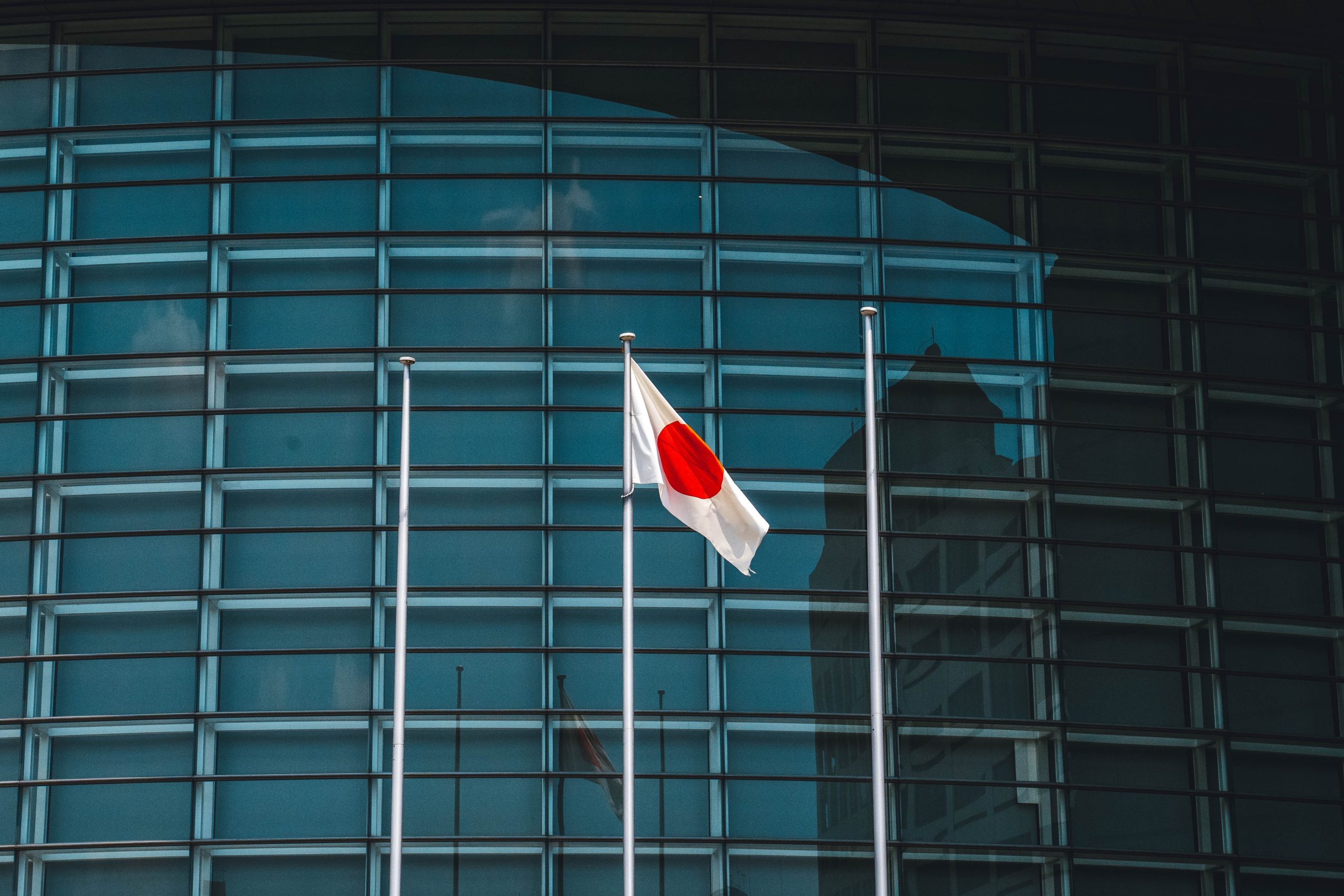TOKYO — In a significant milestone for Japan’s legal system, the country has raised the age of consent and introduced a redefined understanding of rape, signaling a significant shift in how sexual offenses are addressed. The groundbreaking law change, which comes into effect today, is aimed at providing better protection for minors and ensuring justice for survivors of sexual violence.
Under the previous legislation, the age of consent in Japan was set at 13, one of the lowest in the industrialized world. However, the new law raises the age of consent to 16, aligning Japan with international standards and recognizing the need for greater safeguarding of vulnerable individuals.
Moreover, the redefinition of rape expands the legal definition to recognize all non-consensual sexual acts, regardless of the presence or absence of physical violence. Previously, Japan’s law required proof of physical force or threat in order to establish rape, often resulting in cases where survivors were denied justice due to the absence of visible injuries.
With this law change, Japan joins a growing global movement acknowledging that non-consensual sexual acts, including cases where the victim is unable to give consent due to various circumstances such as intoxication or coercion, constitute rape. This shift aims to ensure that survivors’ experiences are validated, irrespective of the methods employed by the perpetrator.
The amended law also introduces stricter penalties for sexual offenses against minors, emphasizing the need to protect young individuals from exploitation and abuse. Legal experts hope that the change will not only act as a deterrent but also empower survivors to come forward, confident in the knowledge that their claims will be taken seriously and justice will be pursued.
Advocates for survivors of sexual violence have lauded this legislative milestone as a crucial step forward in Japan’s efforts to combat sexual assault and promote a culture of consent. The law is expected to provide a solid foundation for addressing the prevalent issue of underreporting and to foster a safer environment for vulnerable populations.
However, some critics argue that while this law change is commendable, further steps are required to address the root causes of sexual violence, such as comprehensive sex education and raising awareness about consent. They stress the importance of fostering a society that not only understands the law but also respects and upholds consent as a fundamental human right.
As Japan implements these groundbreaking reforms, the nation’s legal system has an opportunity to protect its citizens and promote a more inclusive and just society. It is crucial for law enforcement agencies, educational institutions, and community organizations to work collaboratively in order to ensure that the spirit of the law is upheld, survivors are supported, and a cultural shift towards consent is achieved.
In conclusion, Japan’s decision to raise the age of consent and redefine rape represents a significant leap forward in the fight against sexual violence. This milestone law change sends a powerful message about Japan’s commitment to safeguarding its citizens, empowering survivors, and creating a society where consent is both respected and understood. As the nation moves forward, it is imperative that the principles of this law are embraced and upheld by all members of society to bring about lasting change.




